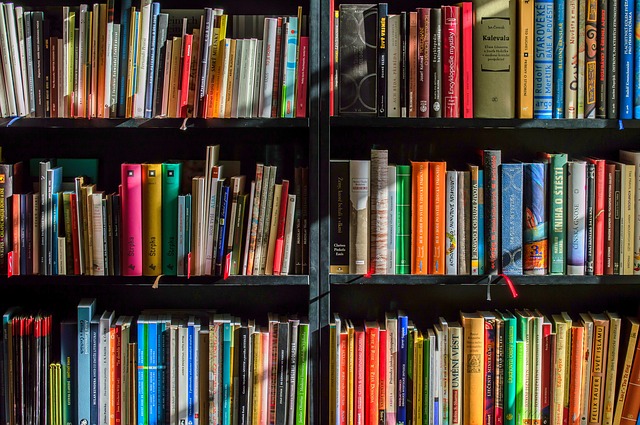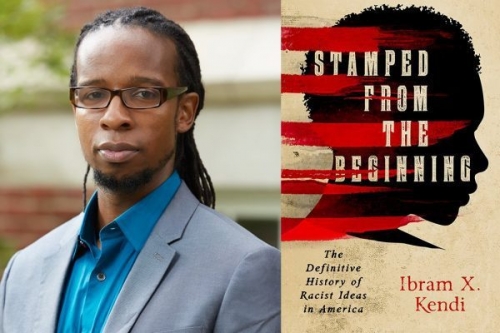(Really) Support Black-Owned Bookstores
The racial reckoning currently happening has sparked a huge interest in antiracist literature. All the best selling lists have been dominated by books by some of the leading antiracist thinkers like Ibram X. Kendi, Ijeoma Oluo, Ta-Nehisi Coates, Angela Davis, James Baldwin, and many others.
There has also been a surge in sales at black-owned bookstores. which is awesome! It is really tough to run any independent bookstore, especially during a pandemic. But it is even more difficult for black-owned bookstores namely because of the sheer high expense of running one. Many black entrepreneurs are less likely to get small business loans because of historical discrimination and lack of bank relationships, which makes it harder to get capital to make the business sustainable. Many of these bookstores are run by people using their own money to support it because they have a deep passion for books and the communities they serve.
I worked in a black-owned bookstore called Jamaicaway Books here in Boston during the last three years it was open. It was a really great experience for me. I met a lot of really cool people and learned a lot about bookselling. There were also surges in sales when a racial incident happened. But sometimes I felt like some of these sales were pandering, as the purchases were one-off, political statement purchases, as opposed to really supporting Black-owned businesses.
Dear white people: making a one-time purchase in a Black bookstore doesn’t make you “woke,” nor does telling your white friends that you made said purchase “woke” either.
If you really want to support a Black-owned bookstore, think about how you can help them long term. Many of these bookstores were on the brink of financial disaster and permanently closing just before George Floyd because of COVID-19. The sudden influx of money will help out to pay any outstanding bills and rent in the short-term. However, as usual, people will eventually move on from George Floyd and onto the next issue and forget about these bookstores. Many of them will be in the same dire financial position in a few months, especially if COVID-19 continues and there is another major quarantine.
With that said, here are some suggestions for really support Black-owned bookstores:
Commit to buying all your books from Black-owned bookstores: This is the best way to do this. Opt-out of shopping at Amazon! If the store doesn’t have the book you want, the owner can order it. Black-owned bookstores don’t just sell “black” books, as is commonly believed. All bookstores work with distributors who can get any book by any author or topic you need. Most independent bookstores have websites where you can purchase a book and have it delivered directly to you or ebooks that can be downloaded easily.
Commit to buying something at least once a month: If all book shoppers made a purchase at least once a month, that could dramatically help all independent bookstore stay afloat and meet their monthly bills and rent.
Join a Membership Club: Many bookstores have a monthly membership club, where patrons can get a book or other perks from the bookstore. It’s a great way to discover books you wouldn’t normally read and expand your horizons. Income from memberships is dependable and can help out with monthly store expenses. Also, since COVID-19, many stores host ticketed virtual book readings and discussions, and offer an annual membership fee for those who want access to all events.
Make Book Club Purchases: If you are in a book club, persuade other club members to only buy books from your selected Black-owned bookstore or any independent bookstore. Or you could offer to purchase the books for all club members from the selected bookstore. Bookstores can also offer bulk-rate discounts on books, especially if you are a loyal customer!
Buy Gift Cards/Certificates: Gift card purchases are a great income source for bookstores, and they make great, easy gifts for that book lover in your life.
Bartering/Volunteering: Most independent bookstores, especially Black-owned bookstores, don’t always have the resources or money needed to run their businesses efficiently. From my experience, many bookstores need help with marketing like building and maintaining a website or creating social media accounts. They usually don’t have the time to do it or they can’t afford to hire someone else to do it for them. If you see a bookstore needs support in a specific area that you have some expertise in, contact them about providing some volunteer support in that area. Many stores might be willing to take you up on the offer and compensate you with a free book for your services!


